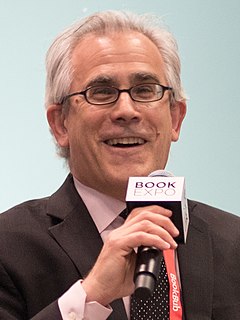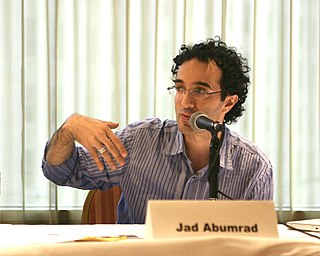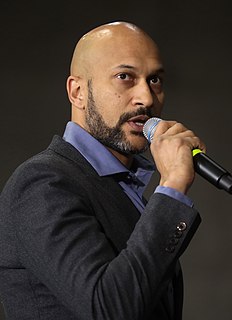A Quote by Nat Hentoff
[People] felt good even though they didn't really know much about [Barack Obama] and may have had some doubts.
Related Quotes
Even in this case, whatever it is, it's about [Barack] Obama. "How did Obama do at the memorial? Did Obama come off well? Will Obama's poll numbers go up? Did he really reach people?" The hell that there are 53 people dead. Nobody cares about them, like nobody cared about the four dead in Benghazi. All the media cared about, how did Obama do?
When people say, well, they disapprove, I'd like to know what the specifics are, because sometimes - and the president [Barack Obama] has admitted this - they may not feel like he's really explaining and understanding the emotion behind some of these fears [about Iran]. And that's a perfectly legitimate question for people to ask. But if you look at the results of where we are, I think there are some things I agree with and some things I don't agree with, and I think that's absolutely fair game.
I've had people say, "You know, this 'Hope and Change' business, Rush, it's just as dangerous as, 'Make America Great Again,' all the specifics." And what you're really saying - even though you didn't voice this - is Barack Obama ended up being an authoritarian. He ended up being supported as an authoritarian because his wacko base wanted that stuff done - i.e., they wanted conservatives humiliated and defeated and ticked off and mad and losing everything, and they didn't care how Obama did.
One of the things that you come pretty early on to understand in this job, and you start figuring out even during the course of the campaign, is that there's Barack Obama the person and there's Barack Obama the symbol, or the office holder, or what people are seeing on television, or just a representative of power. And so when people criticize or respond negatively to me, usually they're responding to this character that they're seeing on TV called Barack Obama, or to the office of the presidency and the White House and what that represents.
Barack Obama is talking about cutting taxes. On net, he is a tax cutter. But the difference between Obama and John McCain is that Obama is raising some taxes on families, for example, with incomes over $250,000. Now, that amounts to about 2 percent, the richest 2 percent of American households. And even with those tax changes, even with all of the tax changes Obama's talking about, taxes will be lower under Obama than they were under the Clinton years.
The gag rule must be eliminated, and it's just the gag rule, we're not talking now even about funding abortion. We're talking about, you know, counseling and speaking, so that's one. That can be reversed by an executive order. [George W.]Bush put it in the first day he got in office. We hope that [Barack] Obama takes it out. He had cut off funding for the United Nations Population Fund, UNFPA, even though Congress had appropriated. It is injured women who are the poorest of the poor.
For some reason, that I can’t really explain, at the beginning of Radiolab, it always felt like life or death. Even though it was just a radio show. Even though no one was listening. And I am not quite sure why… but it may have to do with that radical uncertainty you feel when you are trying to work without a template.
I don't know how you bridge that contradiction, but I felt that Barack Obama was sincere. It didn't feel like a line to me. You know, it felt like him reverting back to what was in his bones and that's, you know, optimism and a deep belief in, you know, American institutions and the American people.






































